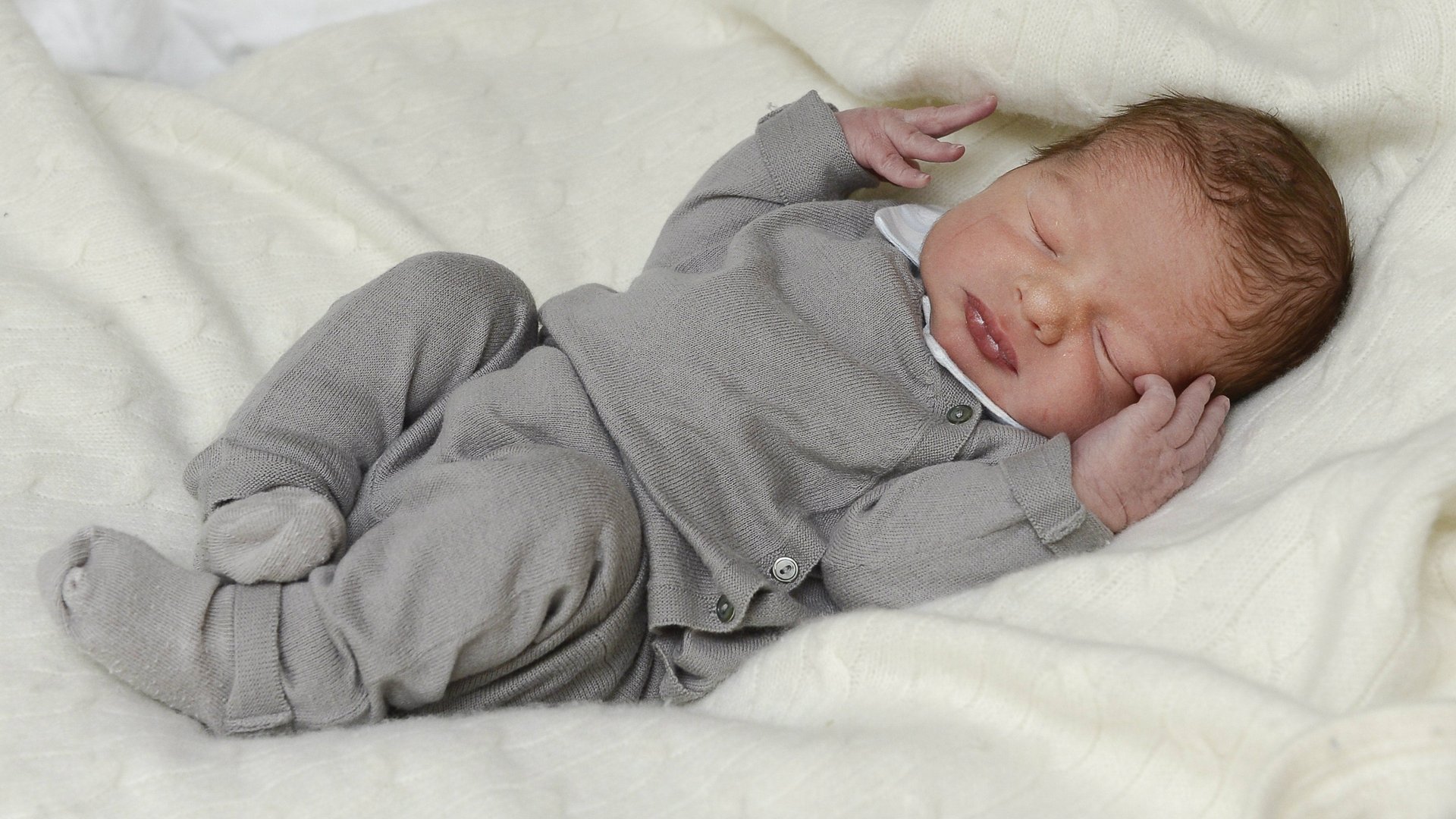When is it immoral to have children?
New parents can be overwhelmed by questions about the type of mother or father they’ll be, but few consider whether by bringing a child into the world, they’re wronging their future offspring. That question is the subject of a new book, The Risk of a Lifetime, by Scripps College philosophy professor Rivka Weinberg.


New parents can be overwhelmed by questions about the type of mother or father they’ll be, but few consider whether by bringing a child into the world, they’re wronging their future offspring. That question is the subject of a new book, The Risk of a Lifetime, by Scripps College philosophy professor Rivka Weinberg.
“When you create somebody, you impose all the risks of life on them,” Weinberg tells Quartz. This means there’s a “moral risk and hazard” in choosing to have a child, she says. Given how much suffering some people end up enduring, she argues that it’s moral to have children only if the risk you impose wouldn’t be irrational for you to accept as a condition of your own birth.
Since reasonable people can disagree about what is a reasonable risk (bungee jumping—a pleasant adrenaline rush or a dangerous dance with death?), Weinberg says her moral theory “errs on the side of permissibility.” For example, though having a child while unemployed may increase the future risks for the child, it’s not enough to make procreation irrational. But it would be wrong to have a child with a high chance of inheriting a debilitating disease, she says.
That last point is hard to dispute; after all, it’s precisely why people take genetic tests for diseases like Tay-Sachs. Where Weinberg gets controversial is in arguing that it would also be immoral for people in abject poverty to have children and introduce them to the same life. “I think the cost to you of not procreating is not as great as the cost to a person of living a life of abject poverty—one of malnourishment, not having access to basic healthcare or clean water. If you have all those risks, procreation does seem immoral to me,” she says.
If this theory were applied to the current world, it would have problematic consequences. For instance, people in abject poverty would suffer even more from not having kids to support them in their old age, and states could crumple under the weight of a large, poor, aging population. But Weinberg argues that her role, as a philosopher, is to consider the moral principles rather than practical solutions, and that, from a practical perspective, those living in poverty would not have to be so deprived if there was greater wealth distribution. She adds:
“It’s easy and lazy to say, ‘Oh yeah sure, everyone can do it because otherwise it’s unequal.’ That doesn’t reduce the inequality. The answer to abject poverty is not for those in abject poverty to create other miserable people.”
But nor does Weinberg believe that those who live comfortably have a moral obligation to procreate as much as possible. ”I don’t think there’s any persuasive power to say that there would be more happiness in the world if we constantly procreated. Who cares? The world isn’t an interested party. I care about the people who exist already and the people who will exist,” she says.
Indeed, Weinberg argues that even for the well-off, the justification for having children decreases with each child. “You engage in the parent-child relationship when you have your first child, so the moral restrictions increase with each additional child. We have very little interest in having a third child, a fourth child.” And by the fifth child, she argues, the personal benefit of having the child is so small that the risk to the child is “never justified”—so all parents should think twice about the moral risks of having a large family.